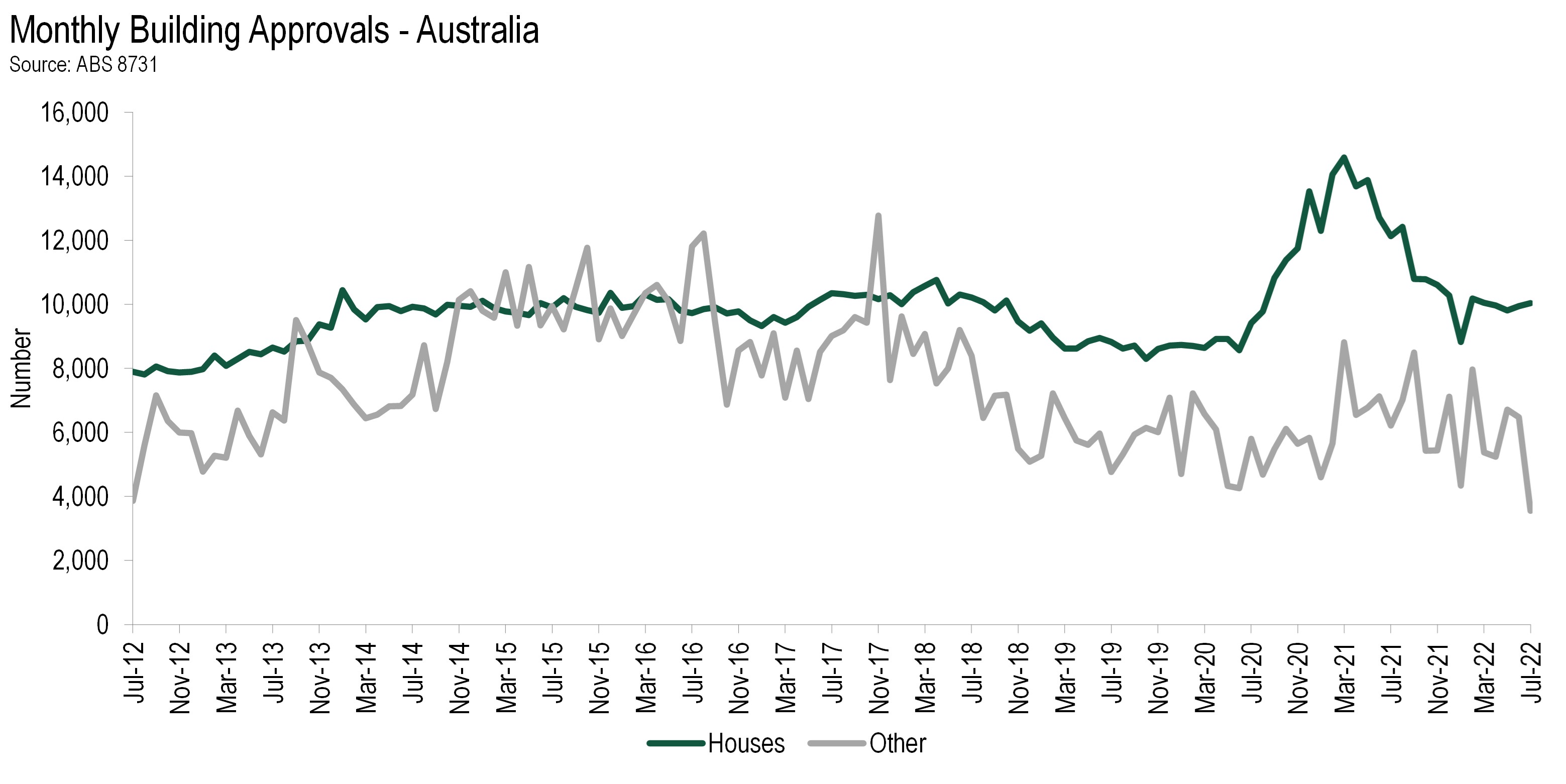National Tertiary Education Union to help shape higher education policy through new working group
THE National Tertiary Education Union will be a key member of a new working group to advise the Federal Labor Government on higher education policy.
The advisory body, announced as part of the Jobs and Skills Summit on Friday, will help inform Education Minister Jason Clare's decisions about issues in the higher education sector including visa arrangements for international students.
NTEU national president Dr Alison Barnes welcomed the opportunity to help form government policy.
"Giving the Union a seat at the table will lead to better outcomes for Australia's higher education sector," she said.
"Our members are experts in what needs to be done in the sector and they'll inform our input in this new working group."
The working group will also include the Council of International Education, the Departments of Home Affairs and Education, and Universities Australia.
The Federal Government is proposing to increase the duration of post-study work rights for recent university graduates in select degrees in areas of verified skill shortages by two years in order to help grow our skilled labour capacity in Australia.
"We will work to ensure any change to post-study work rights has appropriate safeguards to protect international students and are in genuine areas of skills shortages," Dr Barnes said.
"The government has made it clear this is about strengthening the pipeline of skilled labour in Australia. We're willing to help with that work including through guaranteeing there are no unintended consequences.
"We want to ensure that international graduates are working in the areas of their expertise and are not subjected to exploitative practices, so we're eager to shape this plan.
"This group will also give government advice on other critical issues to our sector."
The working group is due to report to Minister Clare by October 28.
ends
- Created on .


